Millie Walton speaks to Daisy Johnson in the third edition of A Way With Words – an ongoing series of interviews with contemporary female writers.
Daisy Johnson’s debut novel Everything Under was shortlisted for The Man Booker Prize in 2018, and her most recent book Sisters was published this summer. Here, she discusses literary snobbism, her favourite horror stories, and her tumultuous relationship with writing.
Following the success of Fen and Everything Under, how did you find the process of beginning, and writing Sisters?
I knew as I was editing Everything Under vaguely what I wanted my next book to be. I think I have a fear of that blank space between books and also an impatience so Sisters was already there in the background and when Everything Under did well I was surprised and shaken but I was already very much buried in Sisters. I think this was a relief and took away some of that next-book fear.
You said in an interview that the book started out as a love letter to the horror genre. What changed?
Everything I write has a tendency to start out as one thing and, as I work on it, become something else. The seed of the idea for Sisters was that I wanted to see if I could write a haunted house novel but the more I wrote and deleted and reworked the more it actually became about two sisters and the difficult relationship between them. The novel owes a lot to horror fiction, horror films, tropes of the genre…
As a genre, horror is often underrated in terms of quality, or literary prowess. Why do you think that is?
There’s a snobbism in fiction which is frustrating. I think it is sometimes seen as being one-sided, but in fact it is a snobbism which runs in both directions and means that we limit ourselves in our reading which is a shame. Reading is ultimately for pleasure and the divisions between genres are arbitrary and are seen as walls when really they are passages. Horror is often derided but actually it is a great mirror through which our world has been looked at. In horror fiction the thing we are afraid of is never the monster but something stood just behind the monster’s shoulder, whether that be racism or sexism, communism, nuclear war, motherhood, family, sisterhood…
What are some of your favourite horror stories?
I recently read Don’t Look Now which I did not realise was written by Daphne Du Maurier and which I thought was brilliant. Kelly Link is my go to writer for the creepy, she has some completely stunning short stories which build in uncanny measures until they are almost unbearable. My favourite of her most-horror-like stories is called Two Houses.
Do your writing processes change with each book or piece, or do you find yourself returning to the same routines/habits?
There is a general overriding rule which was there with Fen and is there with the new project I am working on which is: nothing is or should be safe. Every book is different and demands a different journey towards finding the best way to tell the story. However, for me, these journeys always have to involve a process of writing very quickly and then deleting almost everything and then beginning again and somewhere in this scraping away what the book really needs to be appears.
Is writing enjoyable for you?
I’ve always written and, hopefully, will always be able to continue doing so. It is an enormous relief to know that the writing is there, although it is not always a peaceful relationship. My emotional mood is almost entirely dependent on whether the writing is going well or not which I suspect makes me rather a volatile person to live with. I love writing more than anything but we fight and sometimes one or other of us kicks the other down. It’s an obsessive relationship.
After drafting and redrafting, how do you sense you’re coming close to the end?
This is something I would find impossible to do without outside readers. Sharing work can be a very frightening thing but the nature of writing means, for me at least, that you are really too close to be able to see for yourself when something is done. I have three friends who read almost everything I write and I send drafts to my agent and then later my editor and it comes back and the process begins again. I think there is a sense of clarity which comes with later drafts but this can sometimes be misleading.
Is there a sense of relief when you let go, and release it into the world?
It never quite feels that simple. There are so many different stages of finishing, different moments of editing, and by the time the book has gone off and cannot be edited even a little bit more, another book has taken its place and that is the one you are worrying and obsessing over.
Tense or conflicted familial relationships have been at the heart of your last two books. What interests you about mothers and daughters (and sisters) in particular?
I seem to be obsessed with the relationships between women. Occasionally I think maybe I will write about something else but I am always drawn back, it is incredibly fruitful ground. I’m interested in relationships which fail us or are unable to give us what we need. I’m interested in the position that the mother holds in society, an impossible position to succeed in and how women manage this expectation. In Sisters I found the relationship between sisters an intoxicating one to write about. There is something about the enormous closeness which is often beset by vast difference between sisters. I wanted to explore a relationship which moved beyond love into something unpleasant and allow the reader to decide exactly how unpleasant it was.
Do you ever think about your readers when you’re writing?
I think of them in an amorphous, collective way, trying to see how someone coming to the book for the first time will experience it. They are a sort of blind mass who stand over my shoulder and they are immensely important because I wouldn’t be writing books without them.
You’ve spoken before about your ideas composting over time, which is something that the writer David Mitchell also talks about. Do you find yourself drawn to particular books or experiences which you feel will enrich the compost?
I’m very happy to share something with David Mitchell. I met him at a literary festival as I was working on Sisters and he asked me about my recent project and then listened incredibly carefully and spoke to me about the issues he thought I might face with the plot. He was right, of course.
I think it is impossible really to pick and choose what goes in because everything does. I read as widely and as enormously as I can, I try to listen to what people are saying, I try to explore the world. Sometimes a thought or idea you thought would be ripe for composting sinks to the bottom and something completely different rises up.
Do you ever return to your own writing from the past – early stories, notes, previous publications…?
Occasionally in desperation to prove that I did it once, to try and see how I did it and work out how to do it again. A previous book or story is never the way you would write it now because you are a different person. I have an awful memory so I often have to read a book a couple of times during publication year to remind myself what it was about and why I wrote it.
How often do you abandon a piece of writing?
The whole process of writing is one of putting things down and walking away. Within each book there are maybe three or four other, almost entirely different, books it could have been. Short stories are often begun and abandoned, particular ideas often rise up and exist for a short space of time and then dissipate.
I hear you’re currently in the midst of your fourth book. Can you give us any clues as to what to expect?
It is changing so much. It feels a little like a spinning top which faces now one direction and now another, it keeps pulling things in and then spitting them out again. I think it is clarifying slightly and seems to be about art and the subject, is art important above all else, what are the pitfalls of creating art or of being someone’s subject.
QuickFire Questions
Where do you go to find inspiration?
I walk along the river near my house which is a murky, sometimes-brown, sometimes-green, wild place. Or I speak to writer friends who can often untangle something I couldn’t even begin to look at.
Favourite childhood book?
We’re Going on a Bear Hunt by Michael Rosen.
What are you reading right now?
I’ve been lucky and had a really great year for reading, there have been so many brilliant books around. I’ve been having a little Kazuo Ishiguro binge and am currently reading The Remains of the Day for the first time.
If you could only read one author for the rest of your life who would it be?
I refuse to be bullied and harassed into saying only one author. I also refuse to promise I won’t change my mind in a week. I’ve been loving reading some of the real heroes of American writing recently, writers such as Louise Erdrich, Ann Patchett, Barbara Kingsolver, and Toni Morrison I think could all keep me happy until I’m gone.
The best piece of writing advice you’ve been given so far?
Though it was not given to me personally, I wish it had been, I haven’t really stopped thinking about this line in Helen Garner’s recent published diaries which goes: “The beginner will cling and cling to her thin first draft. She clings to the coast and will strike out into the ocean only under extreme duress.”


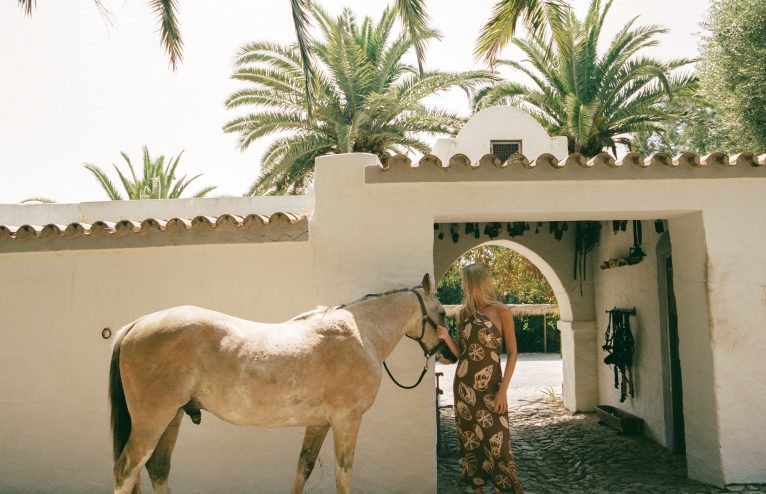

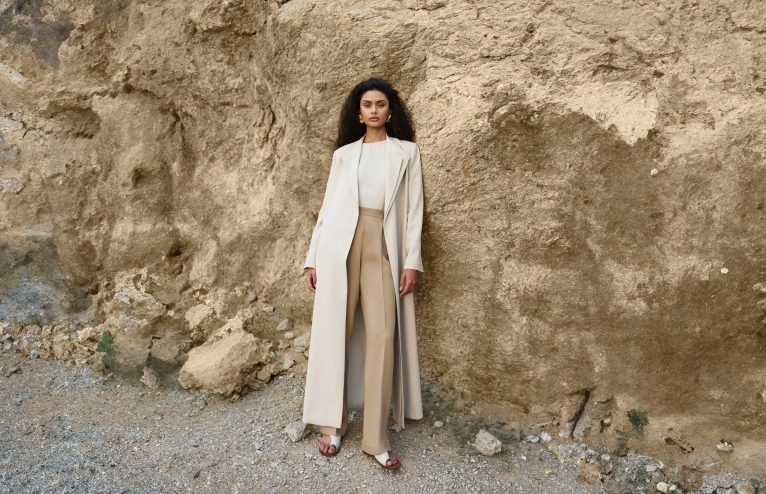

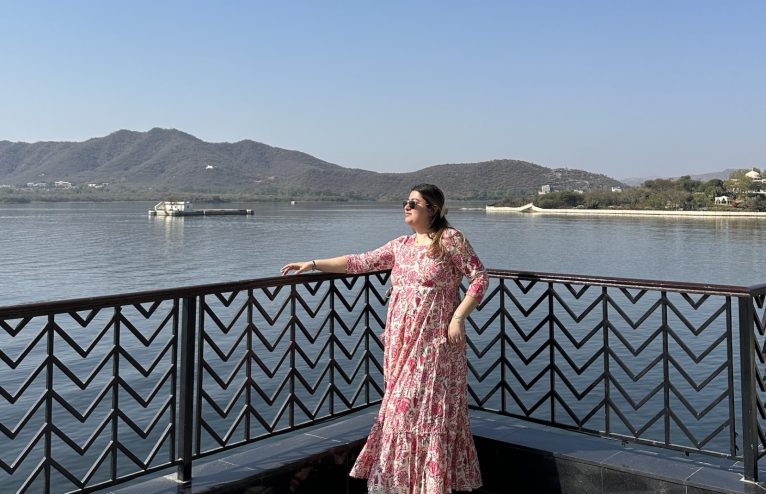

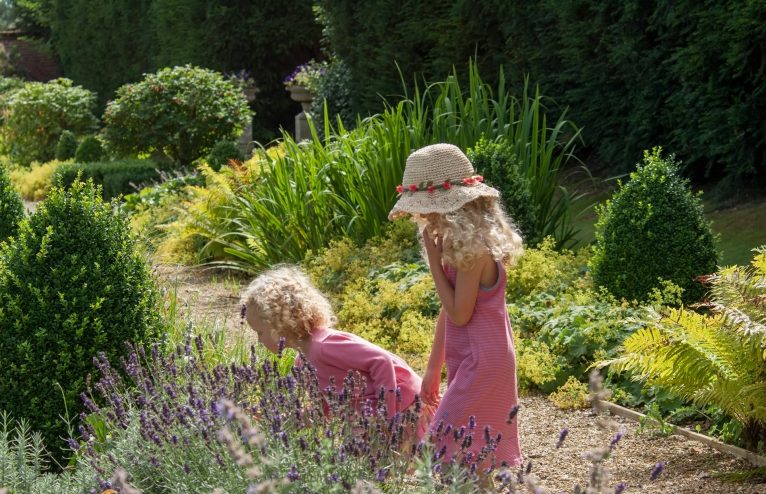


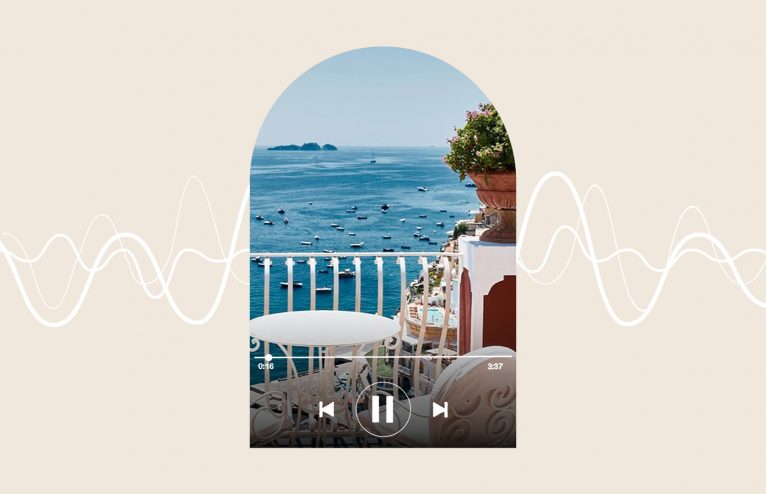



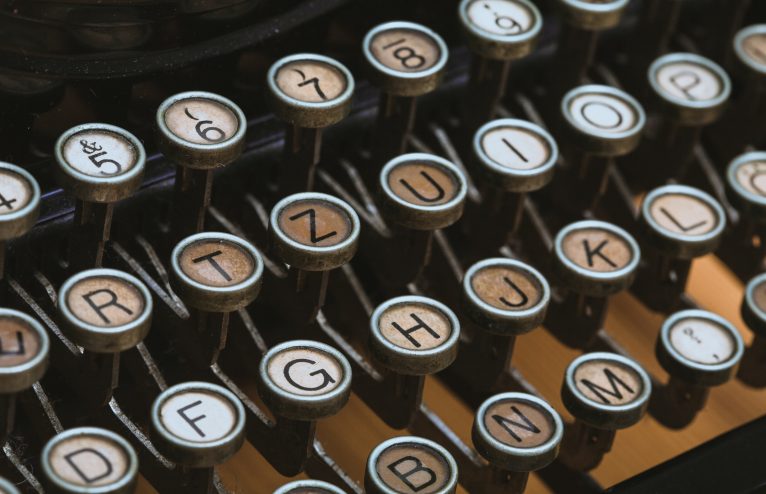
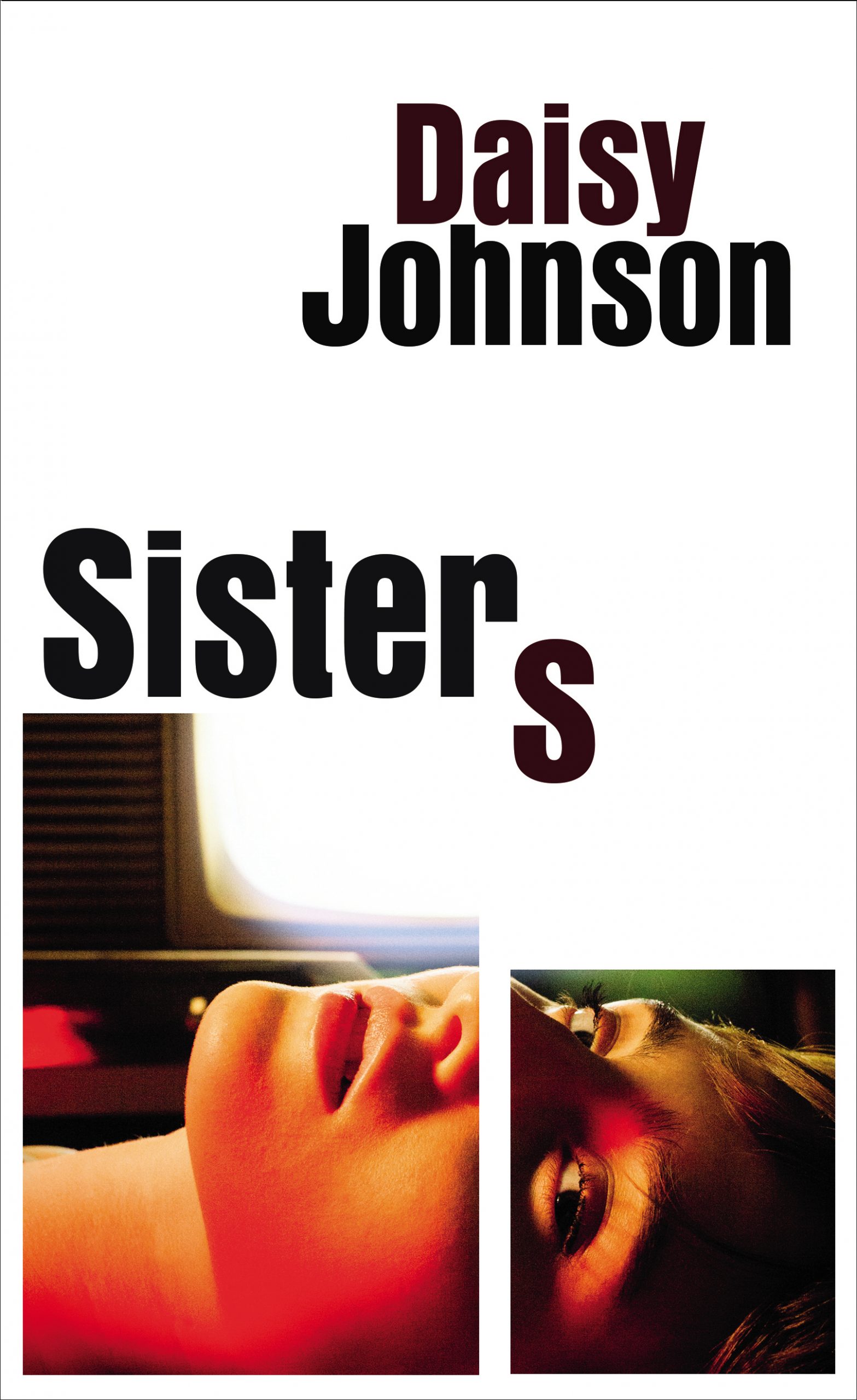
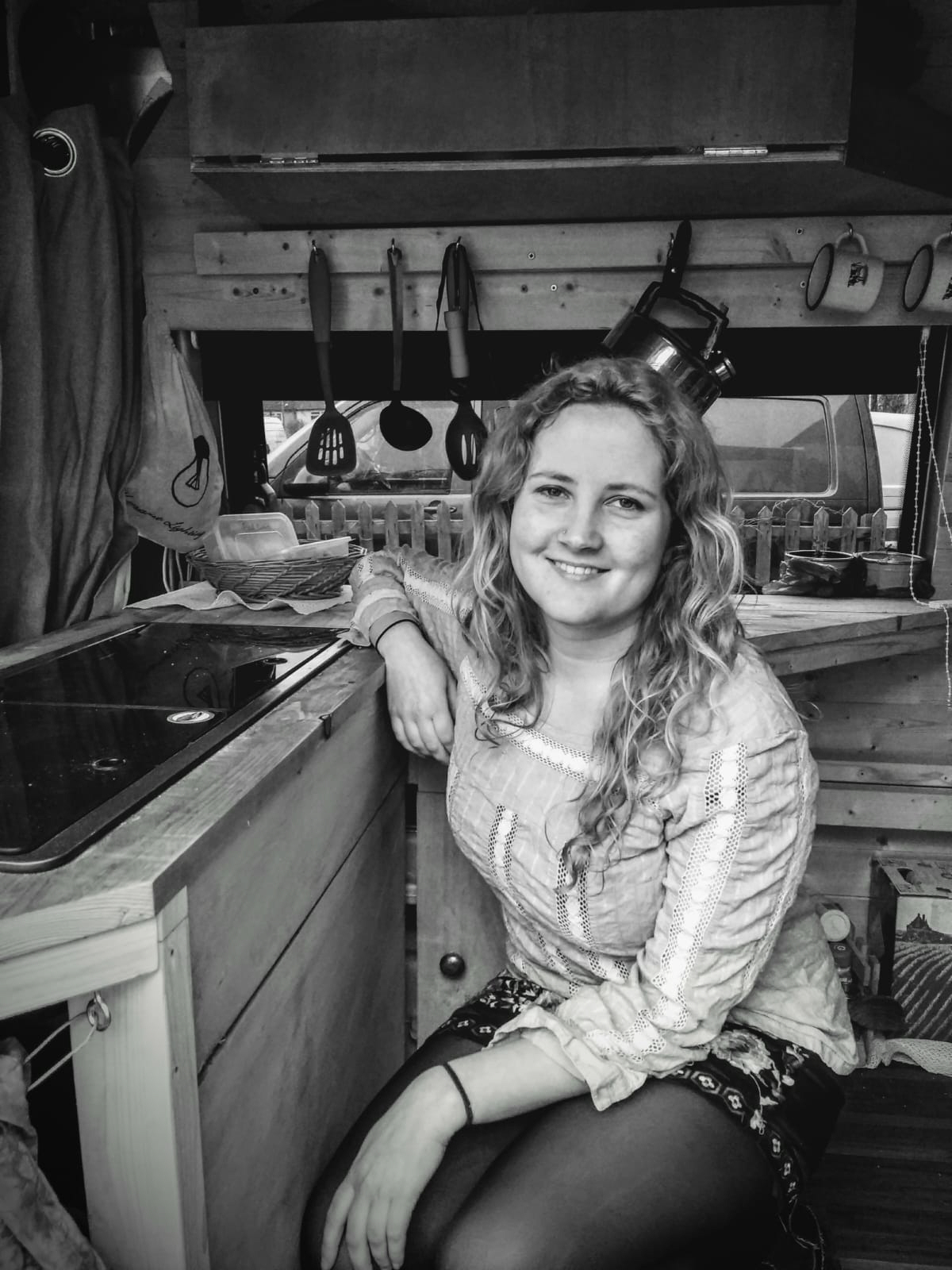




Any Questions or Tips to add?